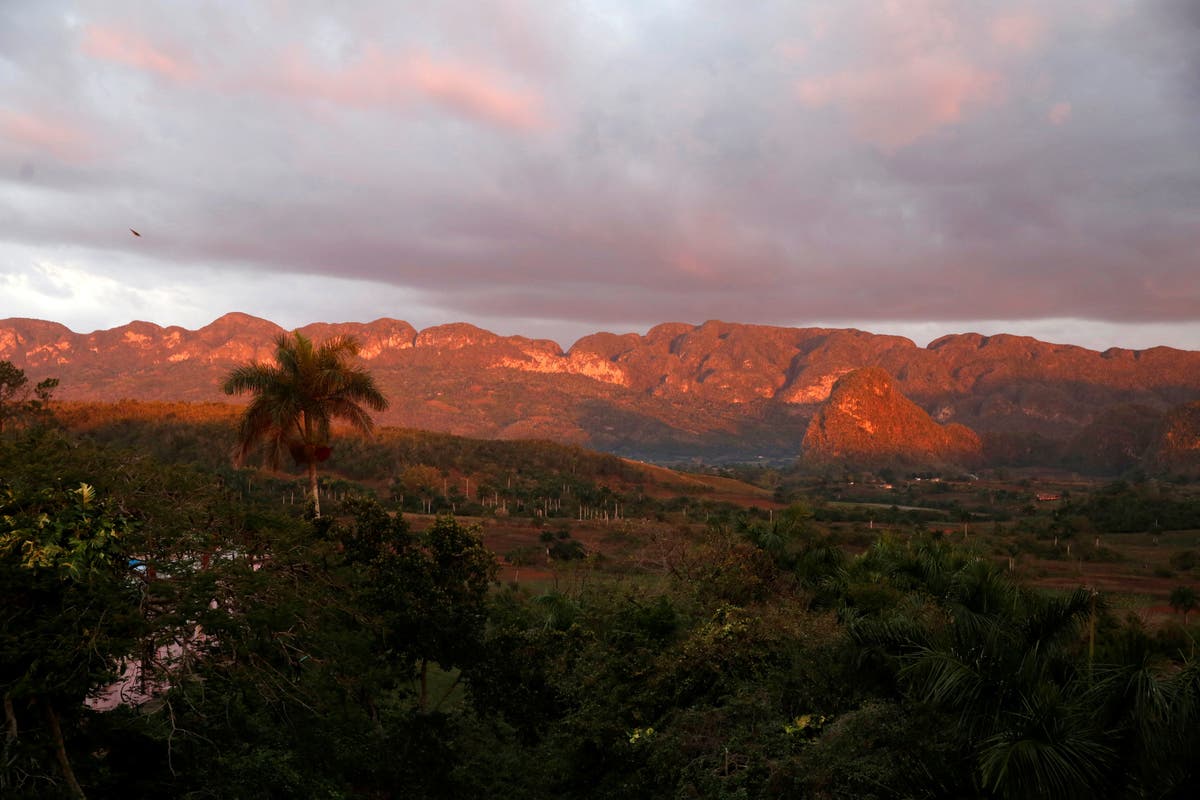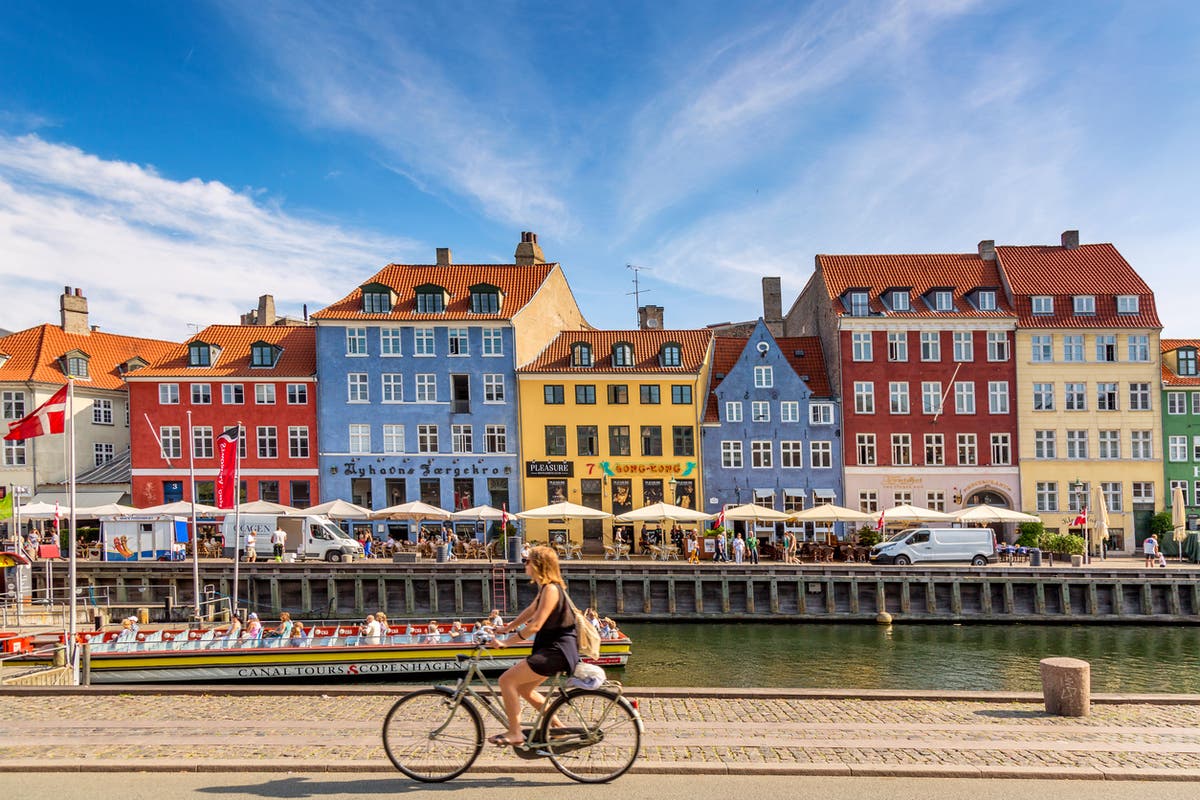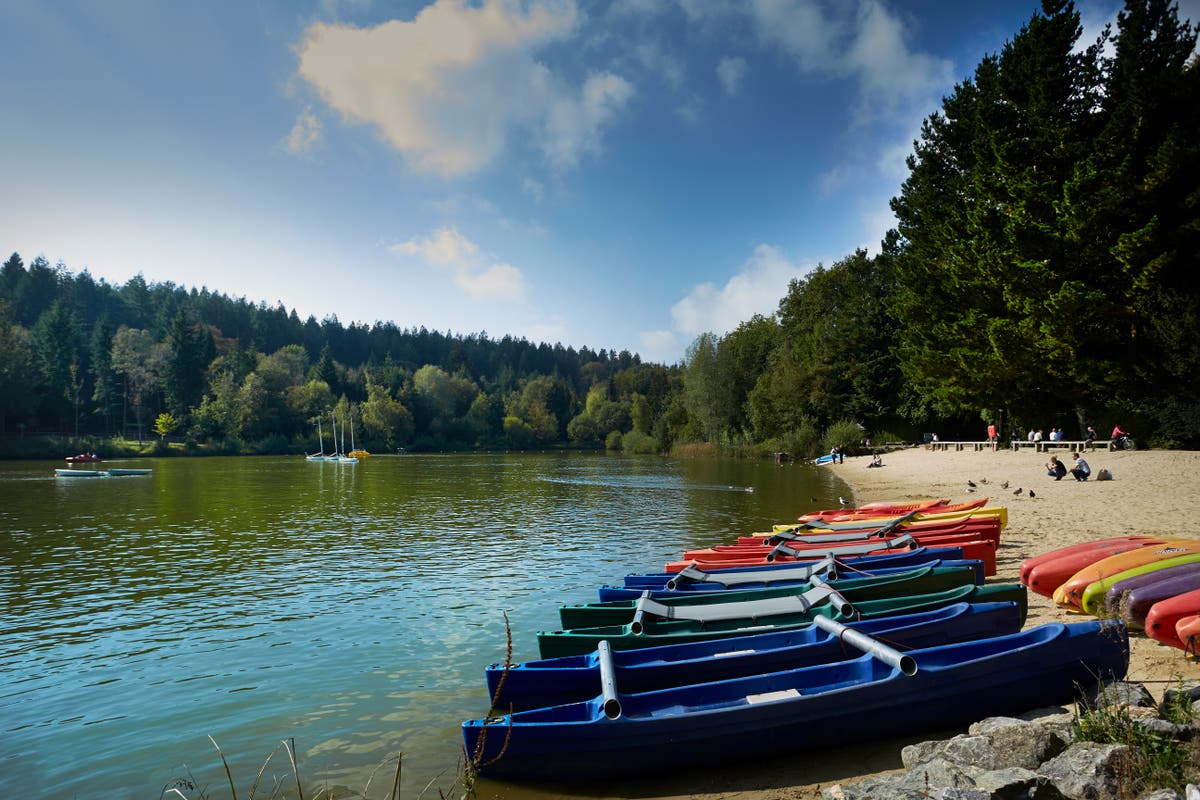Fire threatens one of Cuba’s best known tourist destinations
Vinales valley is among Cuba’s top and best known tourist destinations


Sign up to Simon Calder’s free travel email for expert advice and money-saving discounts
Get Simon Calder’s Travel email
A wildfire has threatened a town in Cuba’s most important tourist destination.
The fire was still burning early on Wednesday just outside the picturesque western valley town of Vinales, state-run media said.
Local media said the fire was 90 per cent controlled by early Wednesday but that the blaze, which began on Monday afternoon, had yet to be snuffed out completely as strong winds fanned flames in a remote and mountainous region of pine forest.
The 51-square-mile (13,210-hectare) Vinales valley is a Unesco World Heritage site and among Cuba’s top and best known tourist destinations.
The wildfire had consumed approximately 350 hectares, or about 1.5 square miles, but the area burned was well south of the more populated town of Vinales and the area most frequented by tourists.
Tourists who visit the valley take horseback rides along forested paths, visit caverns set among the abrupt, eye-catching mountains and tour tobacco plantations.
The cause of the fire was still under investigation, state-run media reported.
Officials said a prolonged dry season and the lingering effects of El Nino, a weather pattern that can provoke extreme weather phenomena such as wildfires, tropical cyclones and prolonged droughts, had left the area particularly exposed to disaster.
Meanwhile, in nearby Mexico a drought drags on and angry subsistence farmers have begun taking direct action on thirsty avocado orchards and berry fields of commercial farms that are drying up streams in the mountains west of Mexico City.
Rivers and even whole lakes are disappearing in the once green and lush state of Michoacan, as the drought combines with a surge in the use of water for the country’s lucrative export crops, led by avocados.
In recent days, subsistence farmers and activists from the Michoacan town of Villa Madero organized teams to go into the mountains and rip out illegal water pumps and breach unlicensed irrigation holding ponds.
A potential conflict looms with avocado growers — who are often sponsored by, or pay protection money to, drug cartels.
Last week, dozens of residents, farmworkers and small-scale farmers from Villa Madero hiked up into the hills to tear out irrigation equipment using mountain springs to water avocado orchards carved out of the pine-covered hills.

 MikeTyes
MikeTyes 
































